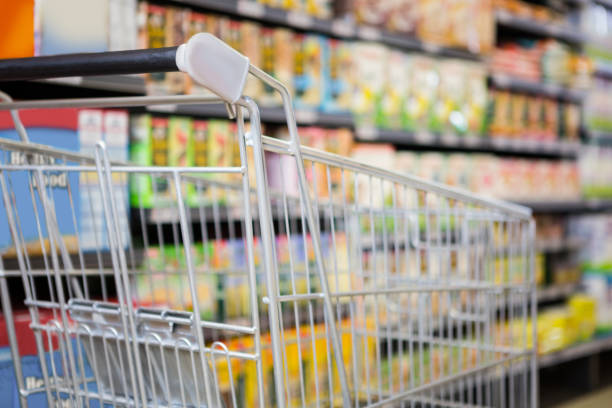A silver lining for FMCG firms in H2 amid rising inflation
- May 24, 2022
- FMCG HORECA BUSINESS

Consumer product companies expect a recovery in demand and profitability during the second half of the financial year due to good monsoon, elevated farm prices, fading inflationary pressures in the coming months, and the ‘low base’ effect, even as they face slowing demand in the current quarter. Electronics makers, however, said there are no signs of inflation ebbing in their segment, and demand for entry-level products will remain under pressure over next few quarters.
“Given the forecast for a normal monsoon this year coupled with a good harvest and farmers getting better prices for their crop, I am hopeful of a faster rural recovery. While there is an immediate pressure, we expect rural demand to recover by end-June this year,” said Mohit Malhotra, chief executive officer at Dabur India.
During the Jan-March quarter earnings performance, most companies blamed slowdown in the rural market for dragging the overall growth. However, expectations of a normal monsoon and elevated food prices have brightened the outlook for rural income in rabi and kharif season for FY23. In addition, non-agri wage growth has started to improve, up 4.2% in the second half of last fiscal after declining 0.5% in early FY22.
.
Marico Ltd managing director Saugata Gupta said FMCG market growth constituted a challenge in the near term due to high inflation and high base, but demand and volume growth should improve towards the end of the September quarter. “This would be driven by the significant steps the government is taking to control inflation and lower base of the previous year. Even rural demand should improve in the next four to five months with projections of a normal monsoon and stability in inflation,” said Gupta.
The government took a series of measures in order to cool inflationary pressures including reduced central excise duty on fuel, provide subsidy on gas cylinders and increased fertiliser subsidy. “These interventions are likely to reduce inflation directly by 25 basis points, while indirect benefit can be another 25 bps. We expect inflation to average at 6-6.3% in FY23,” said a recent report by Antique Broking. The lifting of a ban on palm oil export by Indonesia from Monday will aid margins too, which in turn, could slow down price increases that the companies have been making since several months.
Emami LtdNSE 1.33 % vice chairman Mohan Goenka said while overall FMCG demand has been subdued, the summer products portfolio has registered double-digit growth for the first time in three years. “Inflation is impacting the recovery, but we expect a recovery within the next two quarters. The government has already taken steps to control inflation and markets are wide open. If more stimulus is given by the government and there is normal monsoon, the recovery could be even earlier, including rural markets,” he said.
Companies, however, said a bulk of their growth could still be driven by price increases and not by greater unit sales, especially in discretionary categories. “Consumers are getting impacted by inflation in almost everything they buy and consume. This will lead to conservation in the form of controlled consumption or downtrading in the next two quarters. While the impact on essentials will be marginal, other purchases may get postponed,” said Varun Berry, managing director at Britannia IndustriesNSE -0.48 %.
Godrej Consumer ProductsNSE 1.38 % said it anticipates a double-digit top line growth with low-single digit volume growth. “Bottom line is hard to predict, but if the cost moderated to Malaysian ringgit 6,000 for palm oil, about 7% to 8% lower than where they are today and $100 for crude, we should see some margin expansion especially in the second half of the year,” Sudhir Sitapati, managing director at Godrej Consumer Products, said during its earnings investor call.









